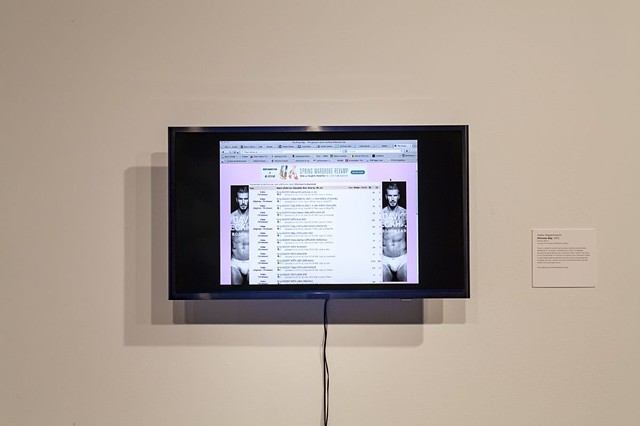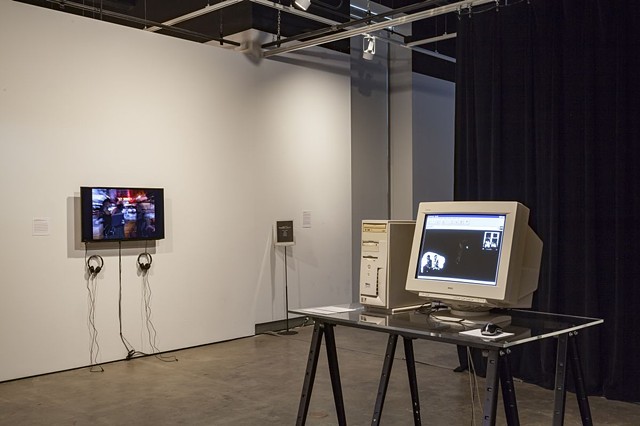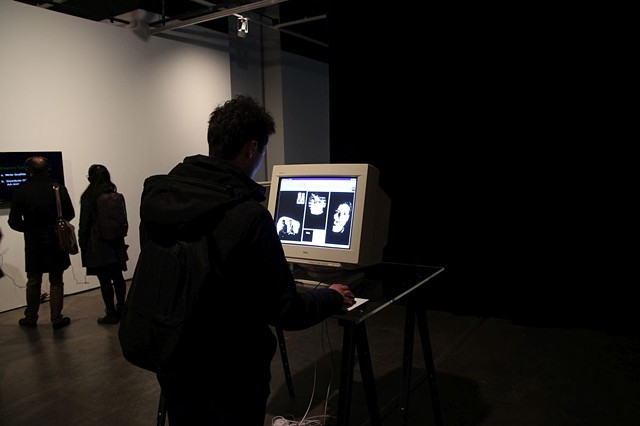HACKING / MODDING / REMIXING As Feminist Protest
HACKING/MODDING/REMIXING AS FEMINIST PROTEST
Miller Gallery at Carnegie Mellon University
Curated by Angela Washko
Jan. 28 – Feb. 26, 2017
Artists: Addie Wagenknecht, Anne-Marie Schleiner, Annina Rüst, Cat Mazza, Channel Two, Dara Birnbaum, Elisa Kreisinger, Kathy High, Lynn Hershman Leeson, Mary Flanagan, micha cárdenas, Morehshin Allahyari, Myfanwy Ashmore, Olia Lialina, Rachel Rampleman, Rachel Simone Weil, RAFiA Santana, Skawennati, Soda Jerk and VNS Matrix, Sondra Perry, and Suzie Silver
HACKING/ MODDING/ REMIXING as Feminist Protest was an exhibition of 22 artists working at the intersection of art and technology to intervene on dominant voices in tech and popular culture, producing critical works that bring visibility to women's perspectives and experiences that have been marginalized, ignored or dismissed.
Women have been relegated largely to the consumer end of technology. Even today the statistics are jarring-in 2015 women made up only 9% of directors of the top 250 grossing major films and a 2013 study showed that only 26% of the positions in computing jobs in the United States were held by women.* From looking at current tech giants like Facebook, Apple and Twitter (15%, 20%, and 10% of their employee base in tech positions are women, respectively), it is clear that the potential for gender-based bias in the products their platforms produce is high.
Despite their exclusion from the production end of new technologies and the entertainment industry, women have created dialogue with technocultural artifacts through hacking, madding and remixing them. By considering television, film, computer software, the internet, pop music, the medical industry, robotics, video games, corporate branding and advertising as sites of intervention-these women create new ways
of looking at systems of oppression embedded in everyday objects, contexts and platforms while reframing and altering them to create narratives of resistance.
Taking an intersectional approach to presenting feminist practices, the works in the exhibition span over 40 years of artistic production by artists from diverse experiences and backgrounds-as exclusion from the development of technology and pop culture is an issue that impacts women of color even more substantially, as they experience both racial and gender bias in careers in these fields.
*Exhibition documentation by Tom Little, reception documentation by Adam Milner
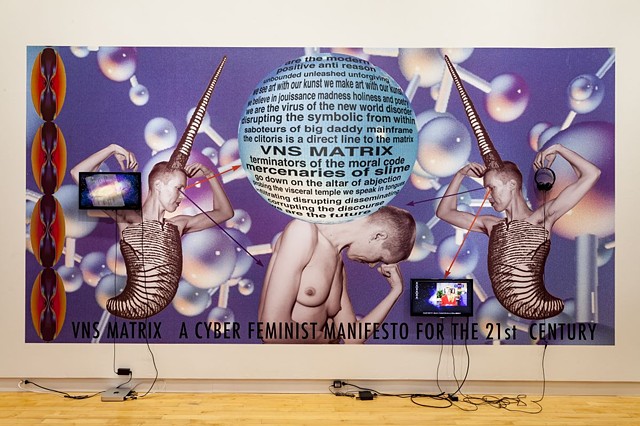
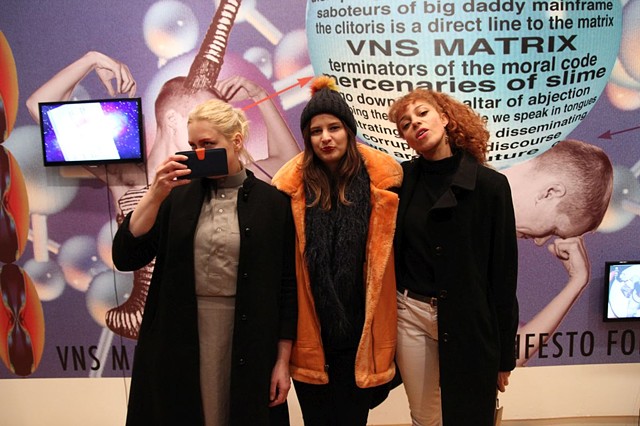
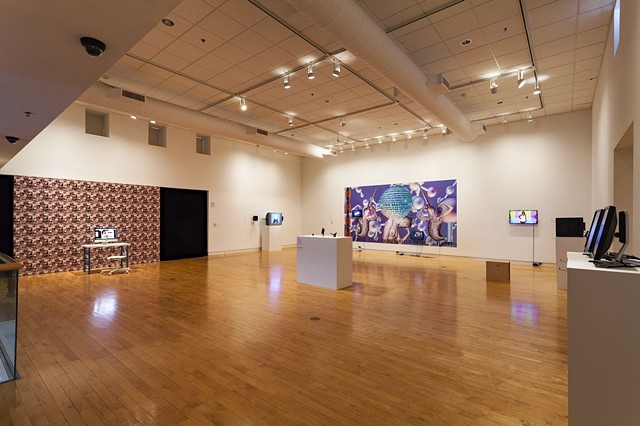
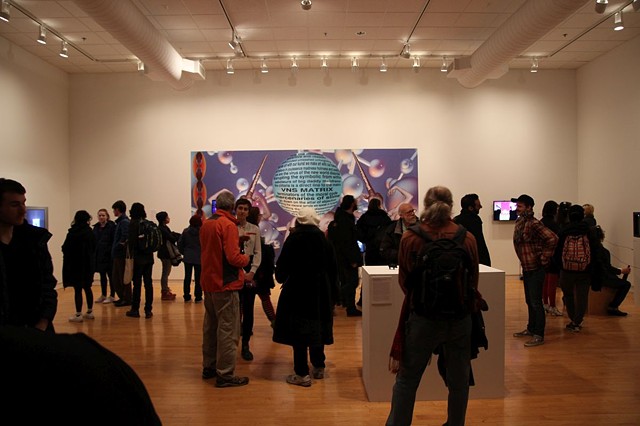
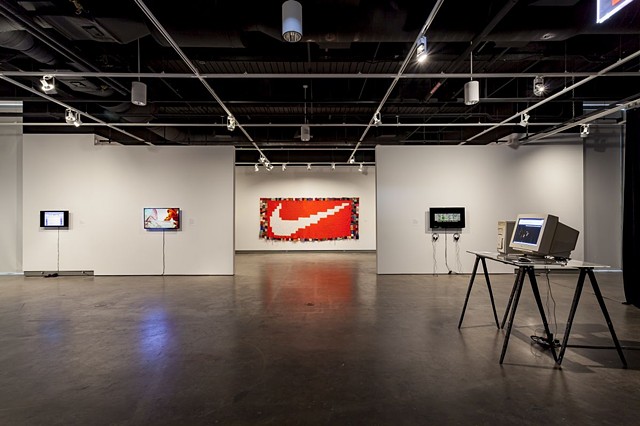
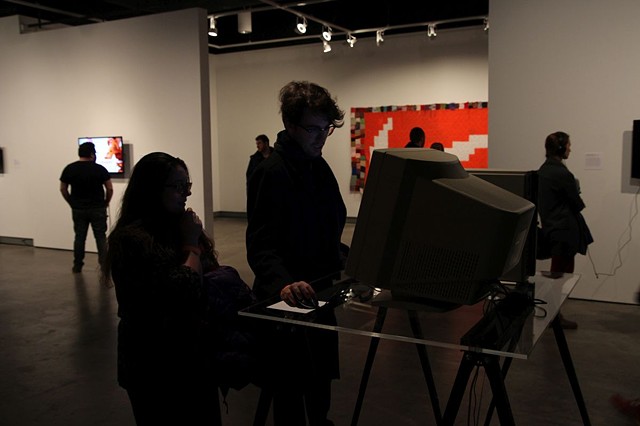
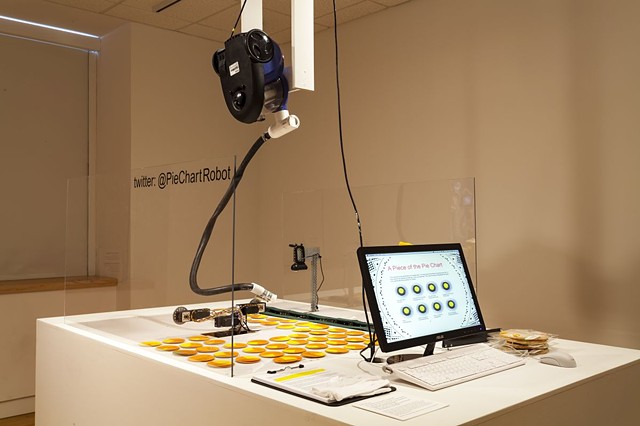
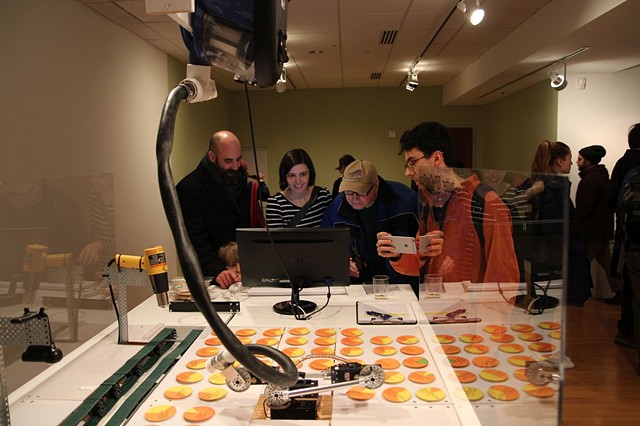
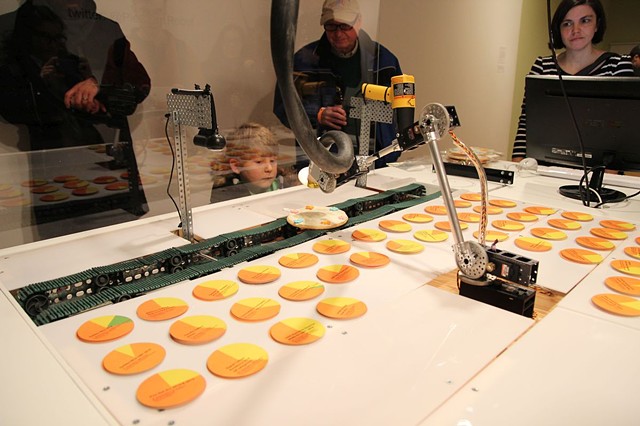
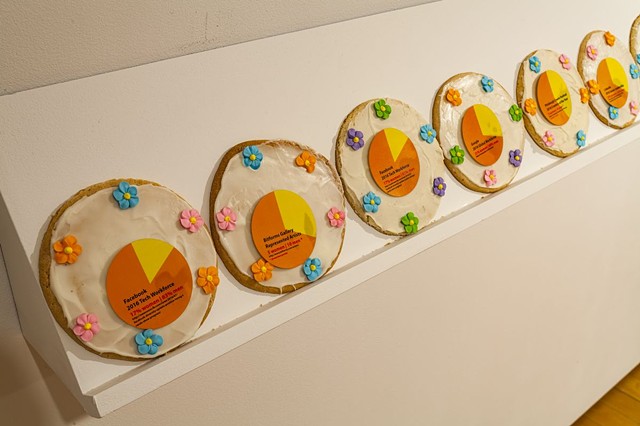
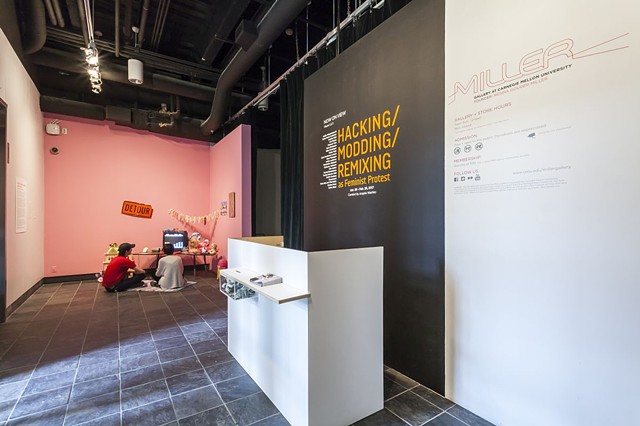
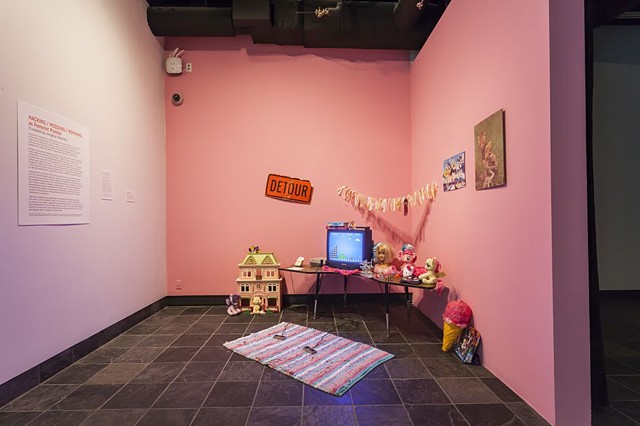
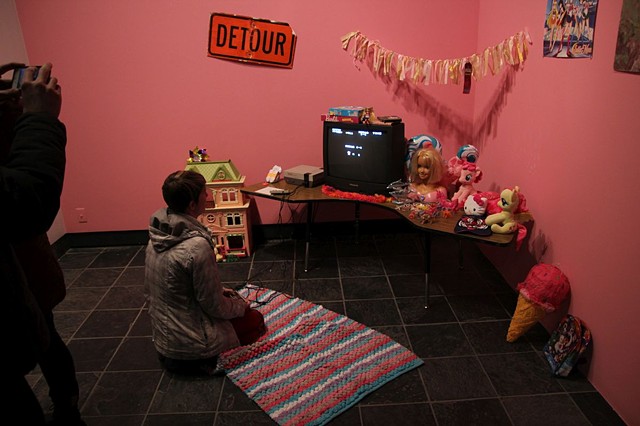
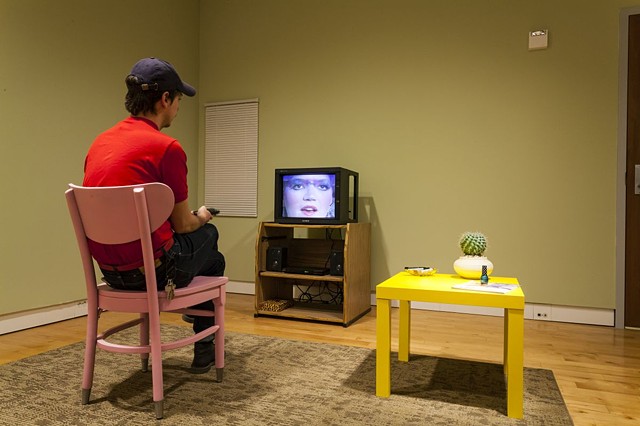
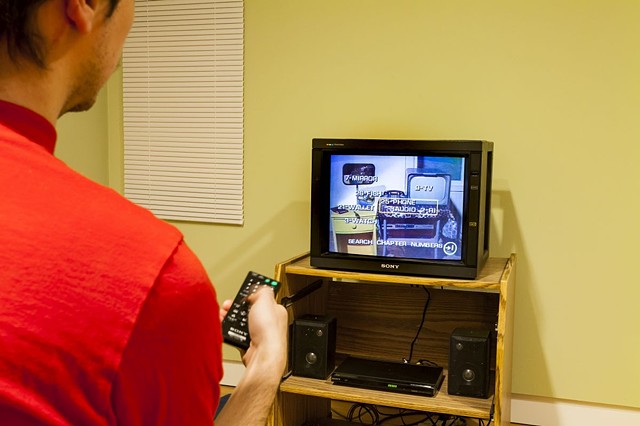
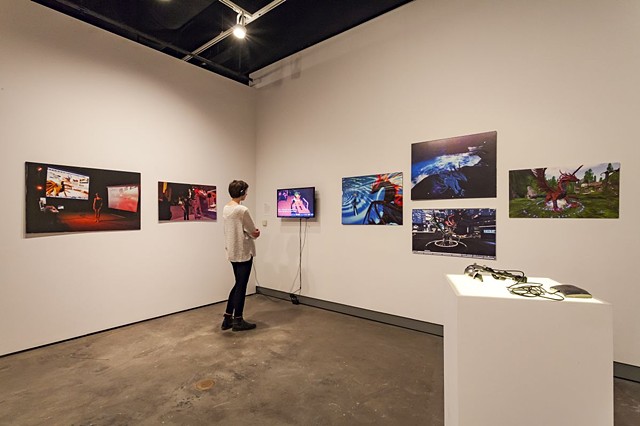
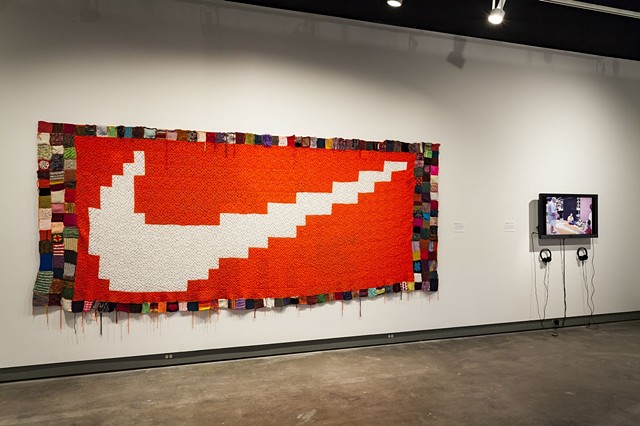
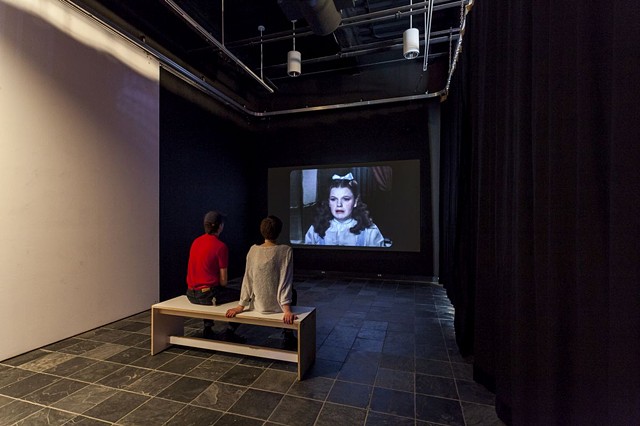
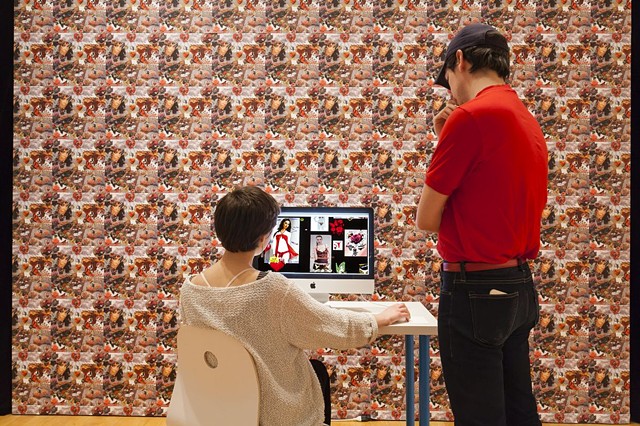
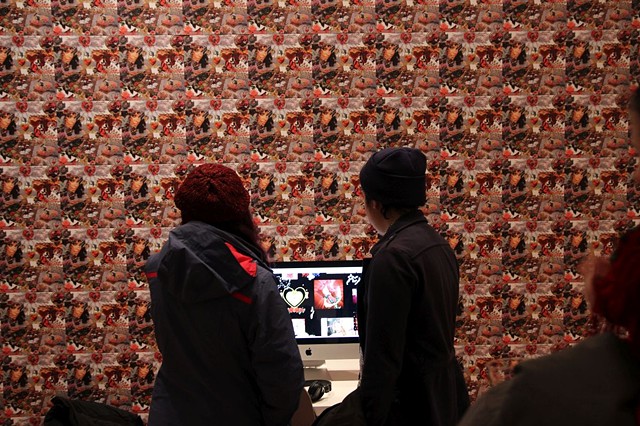
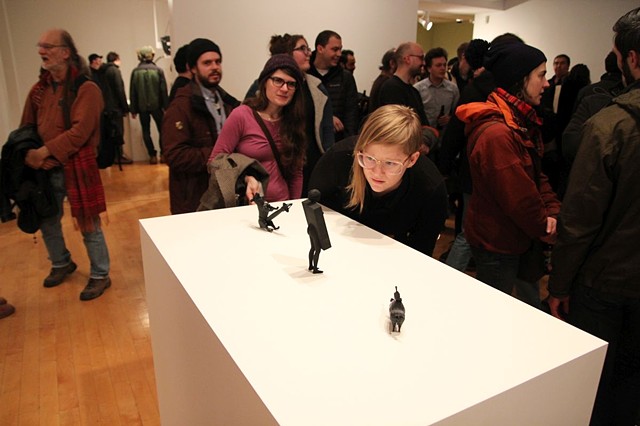
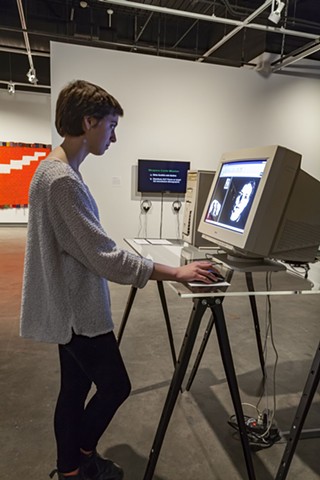
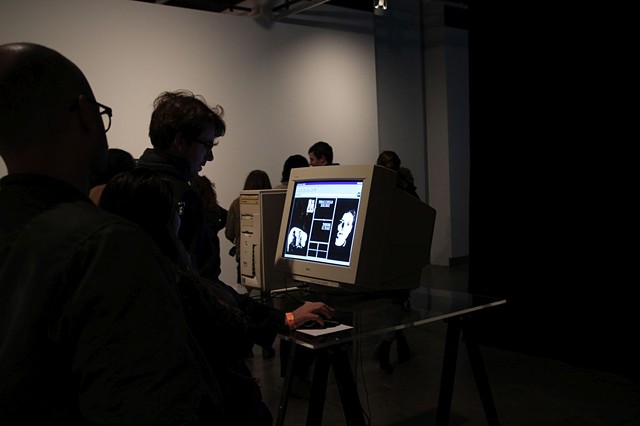
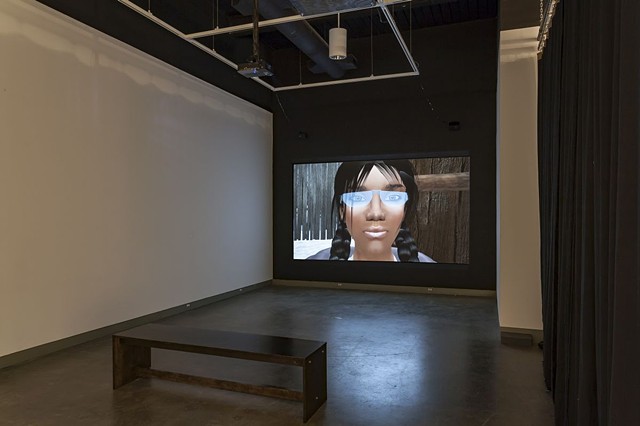
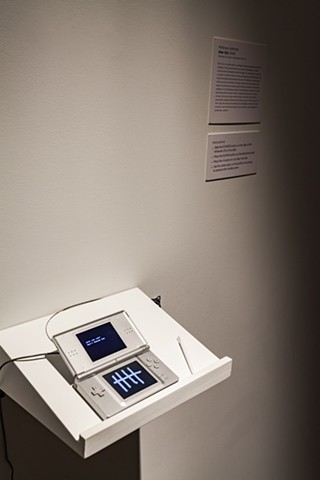
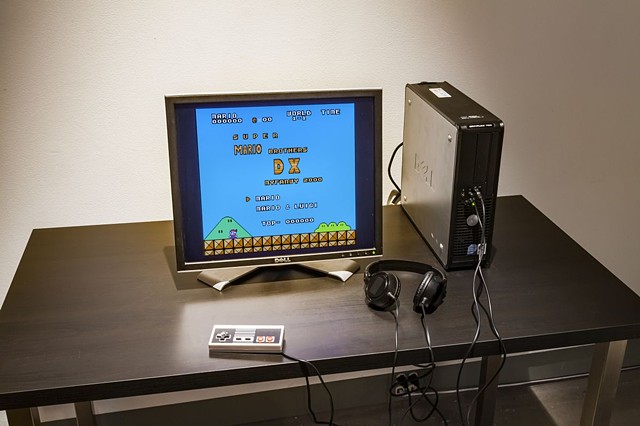
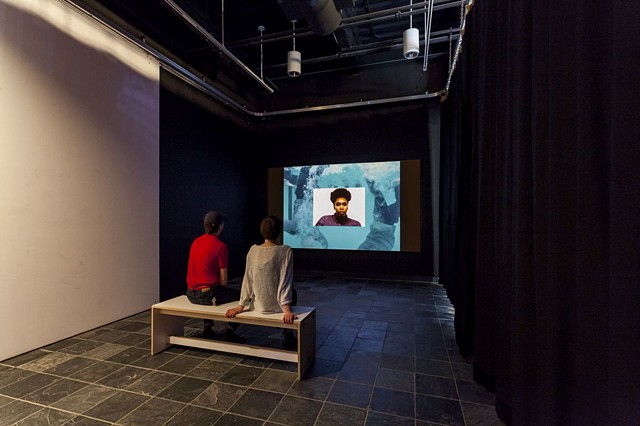
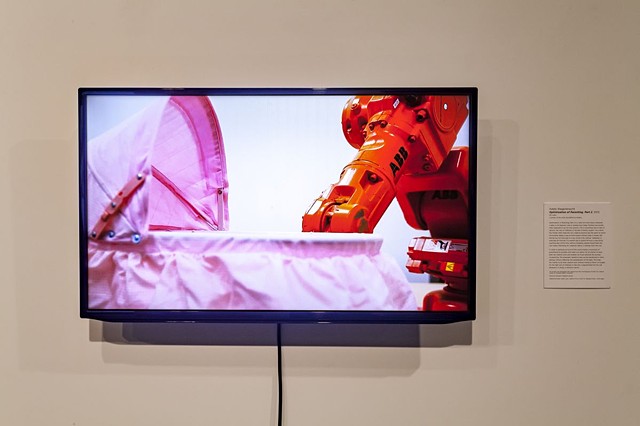
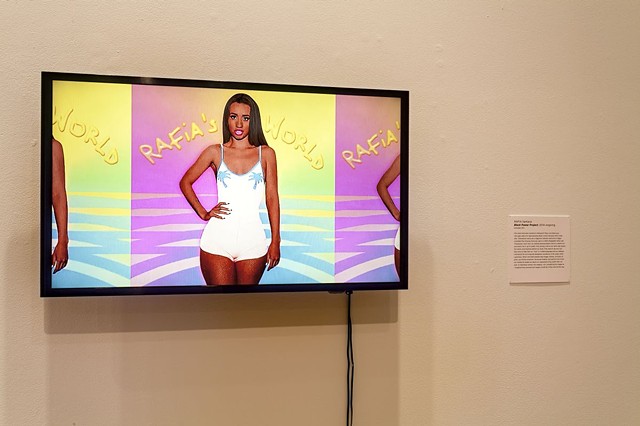
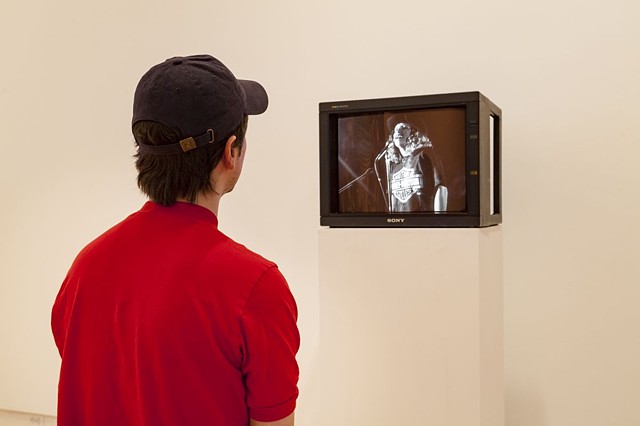
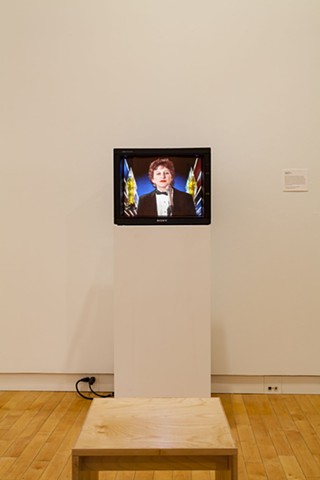
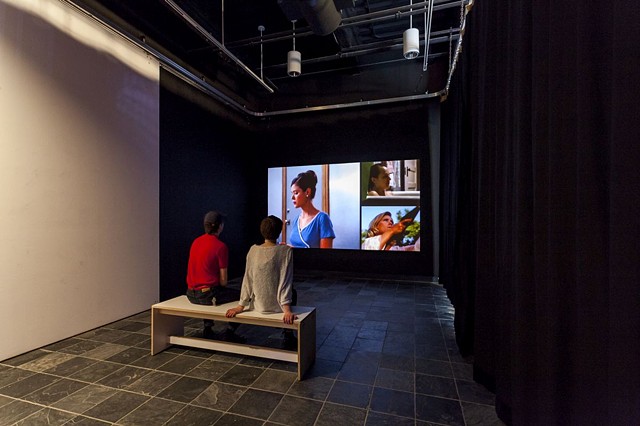
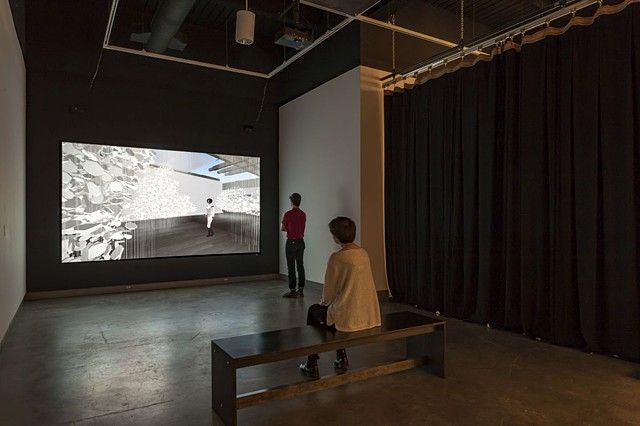
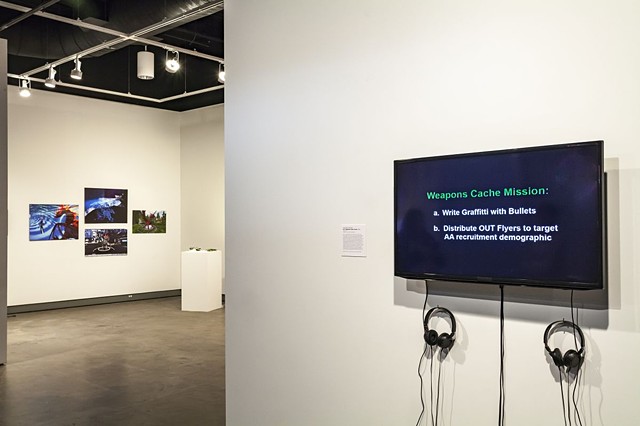
![Mary Flanagan: "[domestic]"](http://img-cache.oppcdn.com/fixed/18007/assets/GMBm0xQN38j1N2mv.jpg)
![Installation View: Mary Flanagan's "[domestic]"](http://img-cache.oppcdn.com/fixed/18007/assets/74hKAt1lWrjnbz5_.jpg)
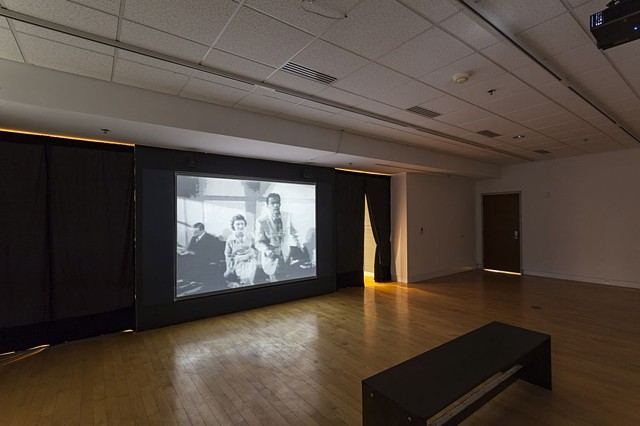
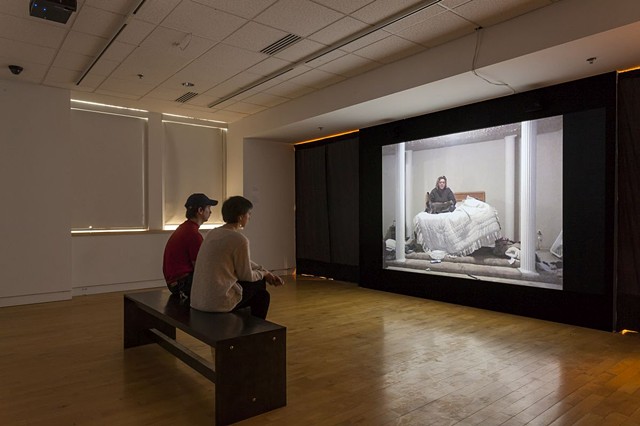
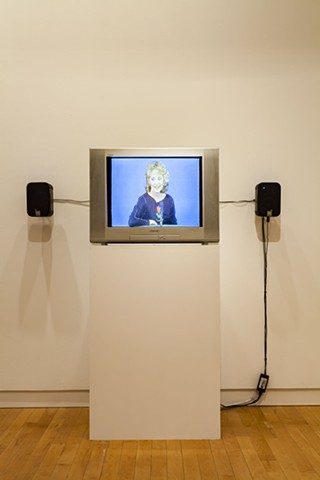
![Channel TWo [CH2]: "barelyLegal_IN"](http://img-cache.oppcdn.com/fixed/18007/assets/spDKymgoVwZWESOo.jpg)
